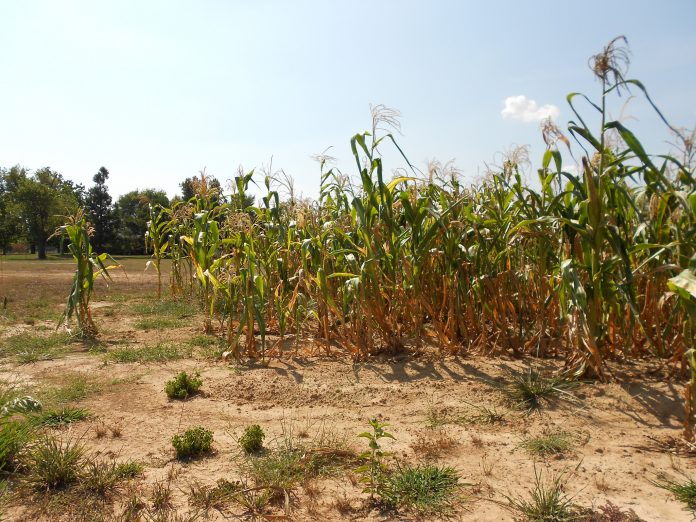A group of international scientists have warned that land degradation will unleash a mass migration of at least 50m by 2050. They said land decay by factors including pollution is undermining the well being of some 3.2bn people – 40% of the global population.
The scientists presented the Intergovernmental Science-Policy Platform on Biodiversity and Ecosystem Services (IPBES) report in Medellin, Colombia on March 26. Its assessment took 100 volunteer experts from around the globe three years to compile, analyzing all the available scientific data.
“We’ve converted large amounts of our forests, we’ve converted large amounts of our grasslands, we’ve lost 87% of our wetlands… we’ve really changed our land surface in the last several hundred years,” IPBES chairman Robert Watson said of the findings.
Speaking to the Agence France-Presse (AFP), he said: “The message is: land degradation, loss of productivity of those soils and those vegetations will force people to move. It will be no longer viable to live on those lands”.
According to Watson, between now and 2050, the number could be 50m or as high as 700m people. He said the lowest is a best-case-scenario projection. It assumes “we’re actually starting to be much more sustainable, we’ve really tried hard to have sustainable agricultural practices, sustainable forestry, we’ve tried to minimise climate change.”
The upper end of the range is based on a “business-as-usual” approach.
According to Bob Scholes, of the University of the Witwatersrand in South Africa, a co-author of the report, one of the consequences of global warming is that “we are moving agriculture into areas” such as the icy, subarctic Boreal region. He told AFP: “Tropical rainforests historically have had low human populations because it’s hard to get in there – we are now building roads into them, we are putting agriculture into them.”
“In the extreme desert areas we are finding deep aquifers, and we’re pumping up, unsustainably, ancient water resources to irrigate.”
According to the report, more than 1.5bn hectares of natural ecosystems had been converted to croplands by 2014.

